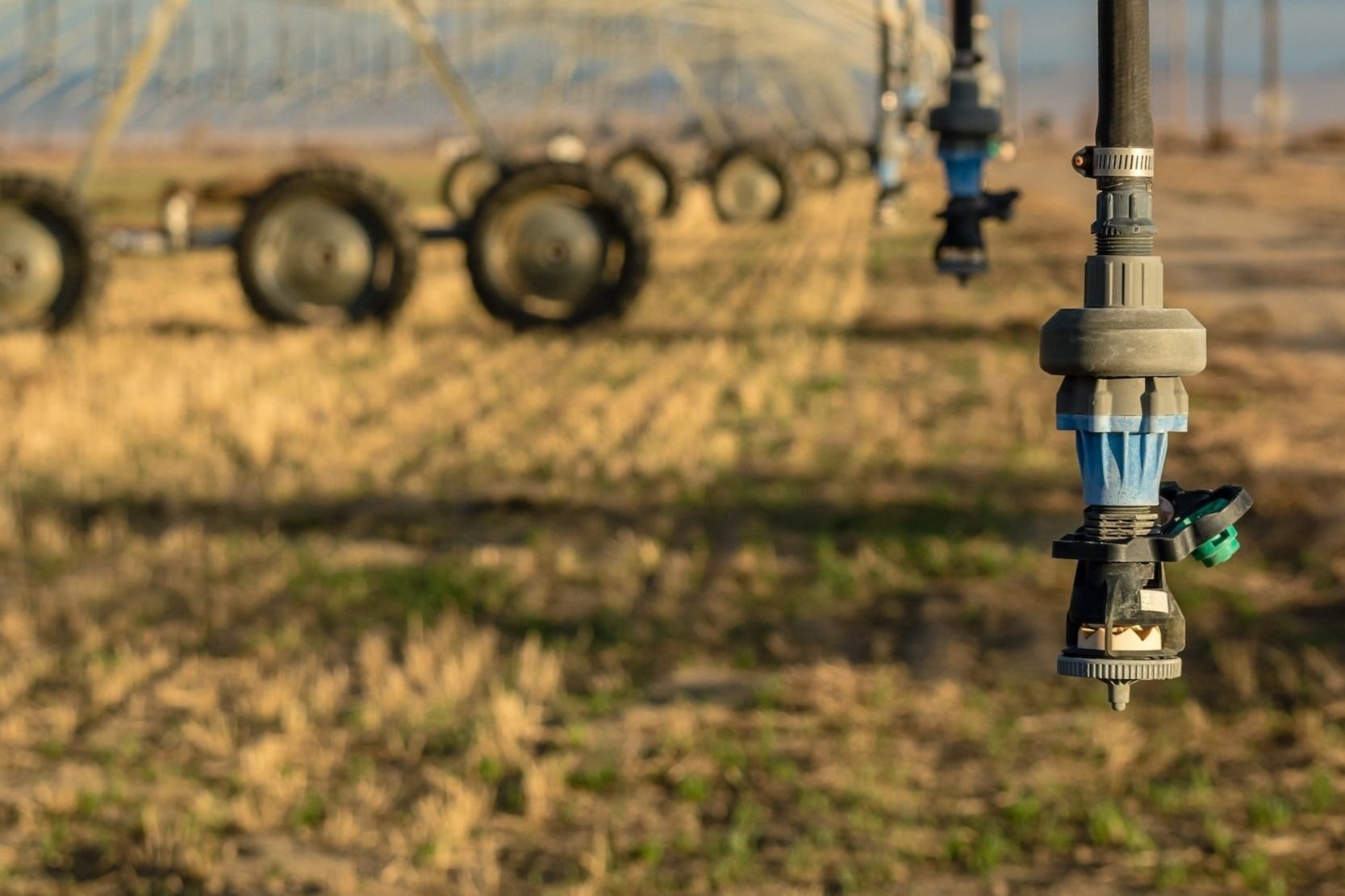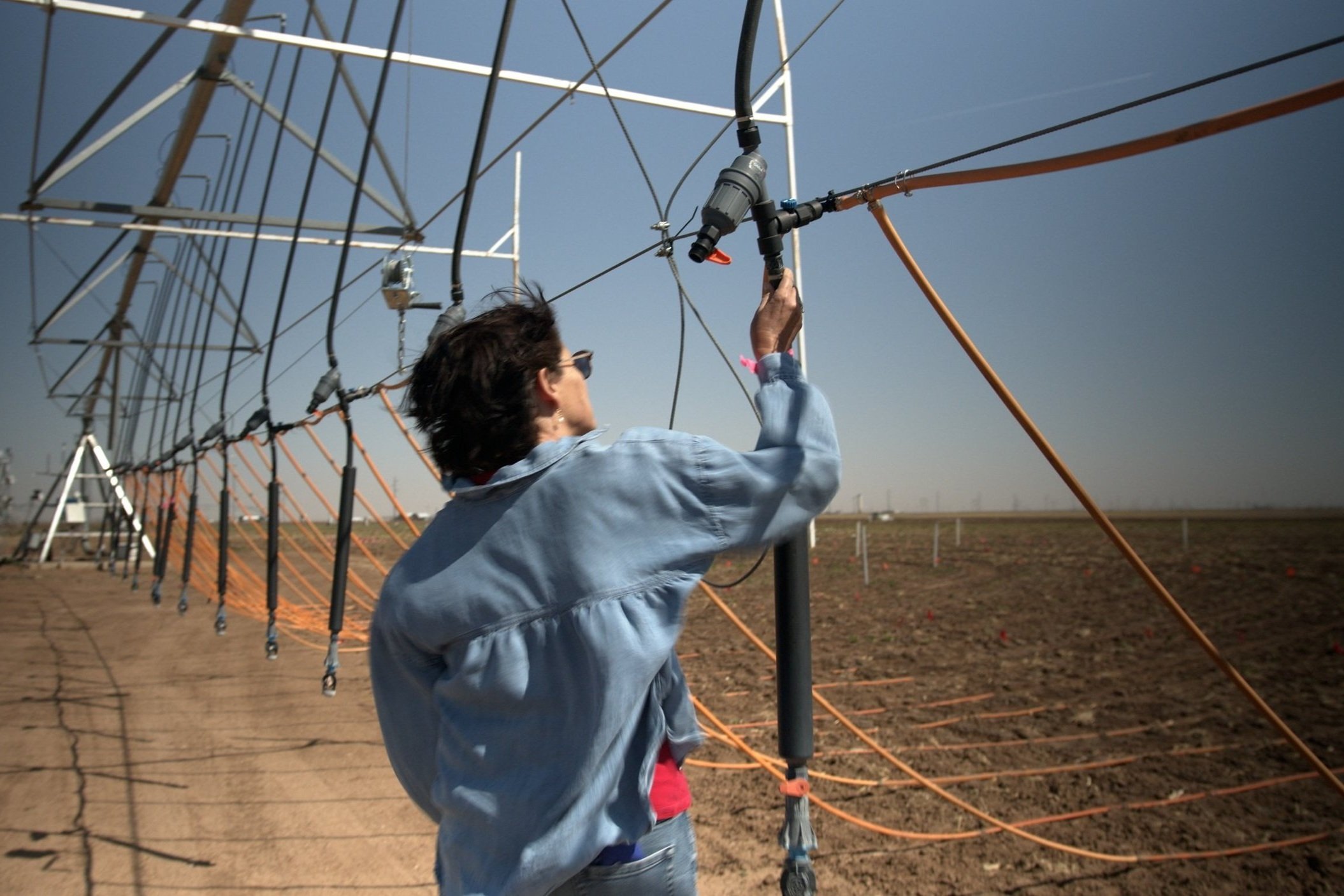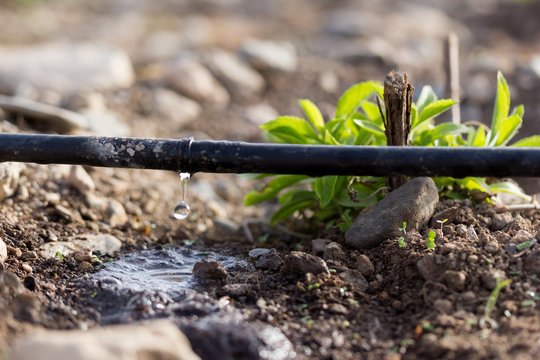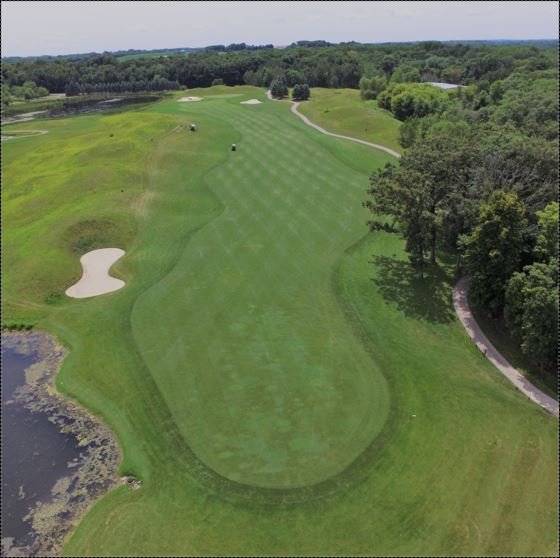2020
Advancing the development of the Parallel 41 Flux Network (continued from 2019 and 2018) Metadata 1 , 2 , 3
Principal Investigators: Christopher Neale, Ph.D., Daugherty Water for Food Global Institute at the University of Nebraska-Lincoln; Eduardo Santos, Ph.D.,
Kansas State University
Industry Partners: LI-COR
Optimizing irrigation of turfgrass with precision technology Metadata
Principal Investigator: Jay Ham, Ph.D., Colorado State University, Cathie Lavis, Ph.D., Kansas State University
Industry Partners: The Toro Company, AeXonis
Toward pivot automation with proximal sensing for maize & soybean in the Great Plains Metadata
Principal Investigator: Derek Heeren, Ph.D., University of Nebraska-Lincoln
Industry Partners: USDA-ARS-Bushland, TX, Valmont Industries
Precision irrigation water management with remote sensing in California orchards Metadata 1 , 2 , 3
Prinicpal Investigator: Dilruba Yeasmin, Ph.D., Fresno State University
Industry Partners: WiseConn USA, Irrometer
An economic impact study of the irrigation industry
Principal Investigators: George Oamek Ph.D., Headwaters Association, John Farner, Irrigation Association
University Partners: Colorado State University, Kansas State University, Fresno State University, Texas A&M University, University of Nebraska-Lincoln
Connecting field scale performance to watershed health: the added power of sharing data Metadata
Principal Investigator: Dayle McDermitt, Ph.D. Nebraska Water Balance Alliance
Industry Partners: Growers Information Services Cooperative, Olsson Engineering, Twin Platte Natural Resources District
Onsite solar nitrogen production Data and Discussion Paper
Principal Investigator: Niko Pinkowski, Ph.D., Nitricity
University Partner: Charles Hillyer, Fresno State University
Testing landscape irrigation flow sensors
Principal Investigator: Brent Mecham, Ph.D., Irrigation Association-retired
Field Testing of a new protocol for evaluating weather-based irrigation controllers
Principal Investigator: Mark Crookston Ph.D., Northern Water
Wireless sensors for modeling crop evapotranspiration
Principal Investigators: Matthw Lurtz, Ph.D. candidate and Ryan R. Morrison Ph.D., Colorado State University
Measuring crop water use with a novel Internet-of-Things sap-flow system
Principal Investigators: Maria C. Capurro, Ph.D. candidate, Allan Andales, Ph.D., Jay Ham Ph.D., Colorado State University
Calibration and evaluation of a multi-scale spatially distributed ET algorithm
Principal Investigators: Principal Investigators: José Chávez, Ph.D., Colorado State University
Industry Partner: Northern Water













